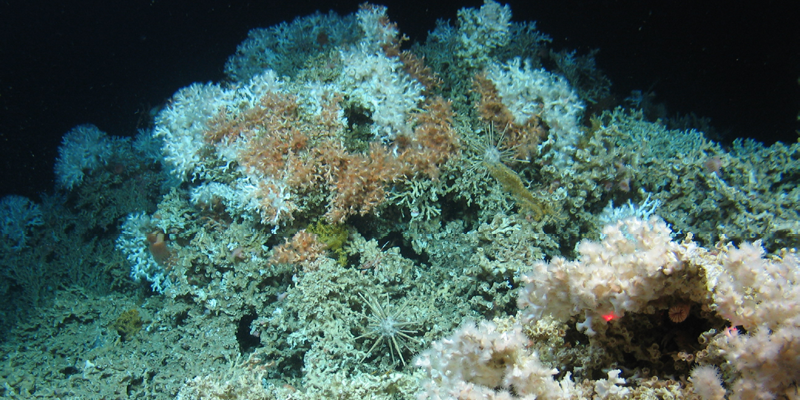In This Section
- Home
- About the College
- Governance
- College Committees & Steering Groups
- College Assembly
- College Council
- College Executive Management Committee
- College Academic Programmes and Curriculum Development Committee
- College Graduate Studies Committee
- College Research & Innovation Committee
- College Teaching Learning and Student Experience Committee
- College Student Recruitment and Outreach Committee
- College Sabbatical Research Leave Committee
- College of SEFS Adjunct Appointments Committee
- International Education Committee
- College Postgraduate Student Committee
- Athena SWAN Steering Group
- College Committees & Steering Groups
- Human Resources
- UCC STEM Awards
- Scholarships and Prizes
- Women in STEM Panel Talks
- Inaugural Professorial Lectures
- Athena SWAN in SEFS
- Proposal Calls
- Contact Us
- Science in Society Public Lecture Series
- Governance
- News
- Staff
- Schools and Departments
- Current Students
- Undergraduate Courses
- Postgraduate Courses
- International Students
- Research and Innovation
- Employability and Careers
- Outreach and Public Engagement
- Science Week
- Transition Year Programmes
Ireland’s deep sea corals are probably ingesting microplastics from our clothes, UCC researchers find

A new study that has discovered the presence of microplastics in the North Atlantic's deep waters and cold-water corals highlights the pollution of the ocean's most remote and ecologically vital regions, researchers have warned.
Furthermore, an analysis of the shape and composition of the microparticles suggests they may originate from our clothes indicating that wastewater runoff from washing machines may be polluting our deep sea corals living in previously thought to be ‘pristine waters’.
The study from UCC and funded by the Marine Institute is published in Marine Pollution Bulletin and focused on the Porcupine Bank Canyon and north-eastern Porcupine Seabight.
The team, led by Dr Alicia Mateos-Cárdenas analysed samples from depths of 605 to 2126 metres from these marine conservation sites (SACs).
The main finding of the study is that cold-water corals, particularly the framework-forming Lophelia pertusa, may not only be exposed to but are also ingesting microplastics and cellulosic microparticles.
These findings underscore the vulnerability of these corals, which create essential habitats for various marine species, to the ever-growing threat of marine pollution.
Interestingly, the research also identified rayon microfibres as dominant in water and coral samples, suggesting potential pollution sources linked to land and washing machines' wastewater. This points to a complex interaction between land-based activities and marine pollution, emphasising the need for integrated environmental management strategies.
The UCC team’s findings come at a crucial time, as international efforts to address plastic pollution intensify at the UN for a Global Plastics Treaty.
"Studies like this offer factual and topical results to industries and policymakers, especially in the lead-up to the final round of negotiations for a plastics treaty," noted Dr. Alicia Mateos-Cardenas. "Understanding the true fate of microplastics and other synthetic particles is essential for developing effective policies and mitigating the impact of plastic pollution. "Our findings highlight the critical need for comprehensive exploration and conservation efforts in deep-sea environments," said Prof. Andy Wheeler. "Protecting ecosystems like Cold-water coral reefs is vital as they are biodiversity hotspots and play a crucial role in the marine ecosystem." said Dr. Aaron Lim
For more on this story contact:
Alicia Mateos-Cárdenas, Andrew J. Wheeler, Aaron Lim,
Microplastics and cellulosic microparticles in North Atlantic deep waters and in the cold-water coral Lophelia pertusa
Marine Pollution Bulletin, Volume 206,2024, 116741, ISSN 0025-326X
https://doi.org/10.1016/j.marpolbul.2024.116741.
https://www.sciencedirect.com/science/article/pii/S0025326X24007185
College of Science, Engineering and Food Science
Coláiste na hEolaíochta, na hInnealtóireachta agus na hEolaíochta Bia
Contact us
Block E, Level 3, Food Science Building, UCC, Cork, T12 YN60.
